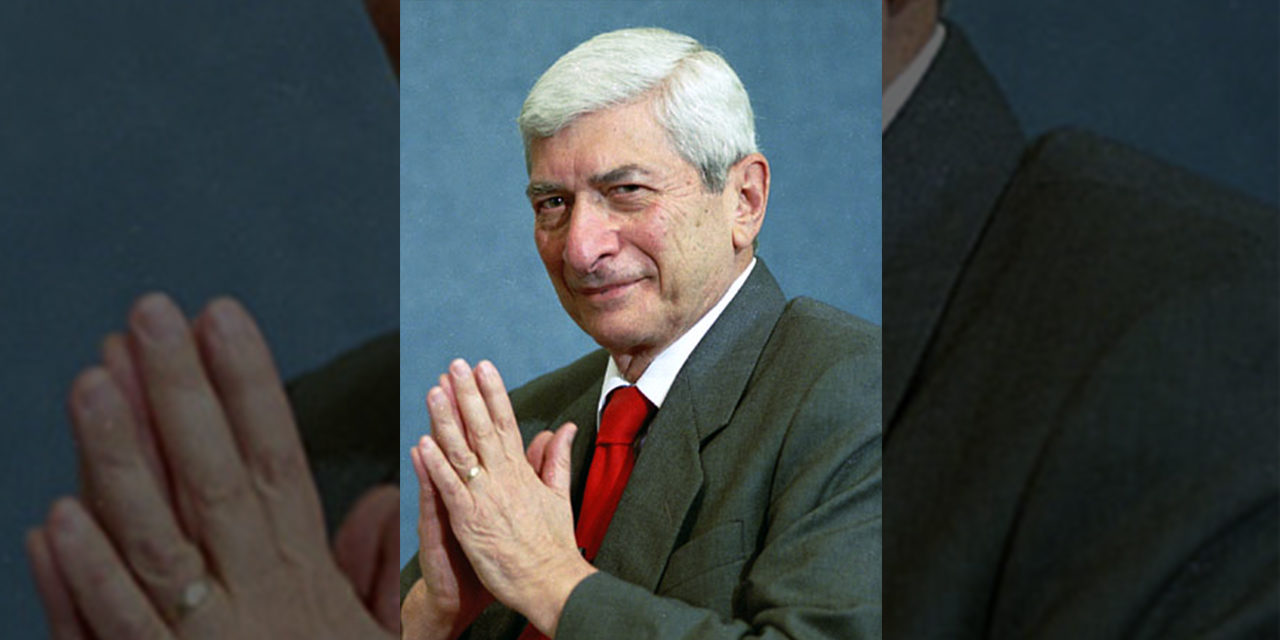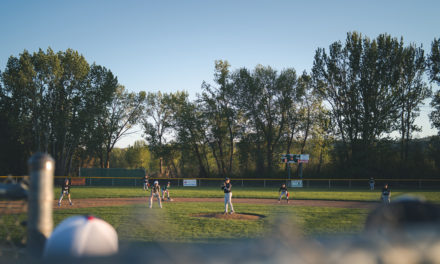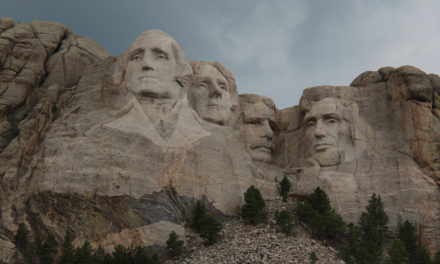How important is it for parents to encourage their children to seek internships as they decide what they are going to do with their professional and vocational lives? Do family decisions about these choices really have an impact on young people?
I’d like to share some personal answers to these key family questions.
There are hinge-years in the life of nations. In America, 1776, 1860-1865, 1941-1945 are three matchless examples. The American Revolution; the Civil War; America’s involvement in World War II.
There are also hinge-years in the life of individuals. For me, it was 1986.
Not only was it the year I graduated from the Ernie Pyle School of Journalism at Indiana University. It was also the year I obtained two internships in Washington DC that would fundamentally shape and alter the course of my life thereafter.
The first internship was for then congressman Dan Coats of Indiana. He was one of the most junior members of the House of Representatives, having followed Dan Quayle into that seat after Quayle became the newest (and youngest) member of the United States Senate.
The second internship of 1986 was working the weekends at NBC News in Washington DC for one of the most consequential broadcast journalists in American history, Roger Mudd, who had become famous as part of the golden era of CBS News – it was then known as the Tiffany Network.
Mudd was, by the time I became his intern in the mid-80s, doing an NBC show that was a kind of weekly news magazine of the air. Working at close range with him, I learned a bevy of skills and none more important than a total commitment to excellence for anything that went ‘on the air.’ Mudd was unyielding on high standards and clear-eyed writing.
He spoke to me at length about the journalists he had most admired, many of them within his own professional circle – names that have now mostly passed into American journalism history — with one important exception.
Marvin Kalb, now in his 90s and still residing in the Washington DC metropolitan area, had been one of Roger’s longtime CBS News colleagues. Kalb had become famous not only for covering Russia at the height of the Cold War but also for his incisive, peerless reporting on all things regarding American diplomacy — and especially from the State Department. He later made a separate successful career at Harvard University where he retired as an emeritus professor.
So it was with relish that I read Kalb’s most recent memoir ASSIGNMENT RUSSIA: BECOMING A FOREIGN CORRESPONDENT IN THE CRUCIBLE OF THE COLD WAR (Brookings, 2021). It is an enthralling, up-close, and eyewitness-unfolding story of the twinning of a remarkable American journalist’s life and a remarkable moment for American foreign and security policy as the Cold War becomes both lethal and precarious at several turns.
Kalb’s reportage is of unflinching clarity.
He recounts his personal interactions with then Soviet leader Nikita Khrushchev; his many impressions of Russian rural and urban life as he internalized them as one of the very few Americans in that troubled and adversarial country in the 1950s; the melodrama of the America of the Eisenhower years; and how all this was overlapping with the rise and ruthlessness of Mao in China.
How did Kalb end up in Russia during this tumultuous and churning time in world history? The improbable story of his being summoned, as a Harvard graduate student, to a New York City meeting with the most famous broadcast journalist in American history, CBS’ Edward R. Murrow, and being hired on the spot, is a dramatic and genuinely powerful story.
Kalb suspended his Harvard studies, and with his wife Mady, formidable in her own right, moved to Moscow to become CBS’ Russia correspondent.
There are many golden moments in this unfolding memoir but what I loved best is how Kalb tells not only his own true grit story of transitioning to Russia but also the story of the making of modern broadcast journalism and the standards, under very challenging circumstances, that accompanied the architecture of midcentury American media.
Some of the greatest and most iconic personalities of that era are evoked here with a jeweler’s eye nimbleness: Walter Cronkite, Eric Severeid, Charles Kuralt, and Howard K. Smith, the latter of whom advised a young Kalb to “Ignore the camera. Just talk to me.” Kalb achieved that with a kind of effortless grace.
The most personal and tender moments of the memoir involve his brother Bernard (“Bernie”) Kalb who also became a highly regarded reporter, and who, like Marvin, has lived a long and consequential life.
“The CBS Moscow Bureau sounded large and impressive,” Kalb writes. “It was for a time a desk, a portable typewriter, and copy paper in a dark corner of a hotel room – and, by the way, a correspondent.”
The making of American journalism, and how those stories are gathered and told, has not been done better done than in this impressive and honest memoir.
This is the kind of worlds within worlds that internships can open up. Parents owe it to their children to encourage them to step into the unknown, and to trust that Providence will open the right doors to the future. I shall be forever grateful for that summer of 1986 at NBC News in Washington DC, and to the late, great American journalist Roger Mudd.
Photo from Wikipedia






